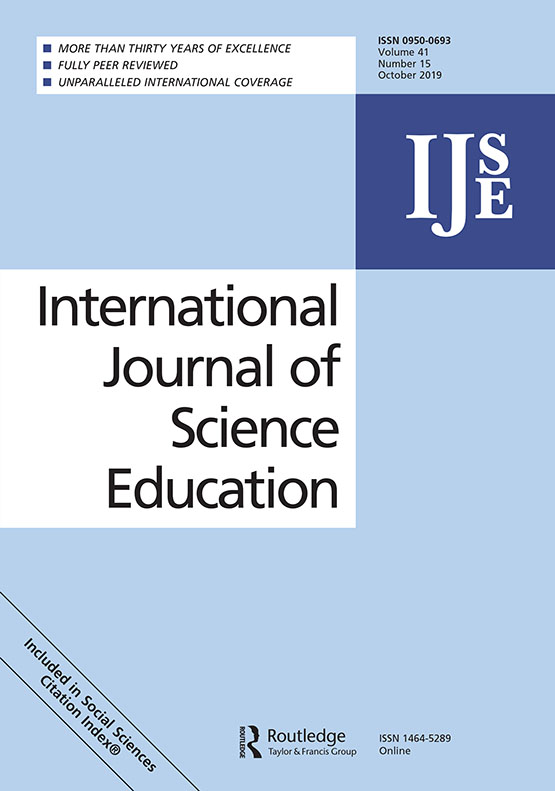tandfonline.com har udgivet en rapport under søgningen “Teacher Education Mathematics”:
ABSTRACT
ABSTRACT
This study investigates the discrete effects of inquiry-based instructional practices that described the PISA 2015 construct ‘inquiry-based instruction’ and how each practice, and the frequency of each practice, is related to science achievement across 69 countries. The data for this study were drawn from the PISA 2015 database and analysed using hierarchical linear modelling (HLM). HLMs were estimated to test the contribution of each item to students’ science achievement scores. Some inquiry practices demonstrated a significant, linear, positive relationship to science achievement (particularly items involving contextualising science learning). Two of the negatively associated items (explaining their ideas and doing experiments) were found to have a curvilinear relationship to science achievement. All nine items were dummy coded by the reported frequency of use and an optimum frequency was determined using the categorical model and by calculating the inflection point of the curvilinear associations in the previous model e.g. students that carry out experiments in the lab in some lessons have higher achievement scores than students who perform experiments in all lessons. These findings, accompanied by detailed analyses of the items and their relationships to science outcomes, give stakeholders clear guidance regarding the effective use of inquiry-based approaches in the classroom.
